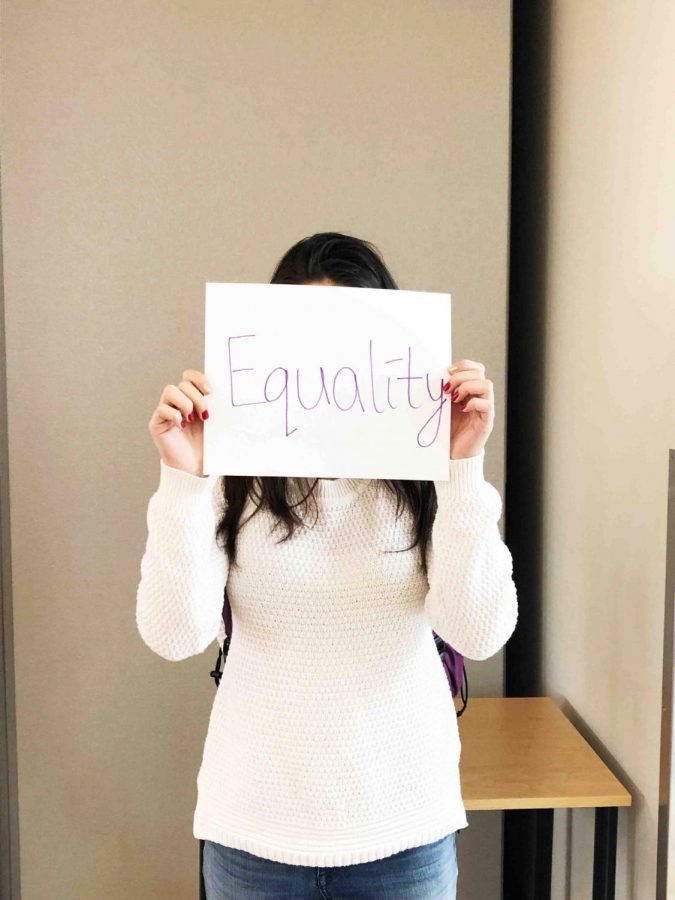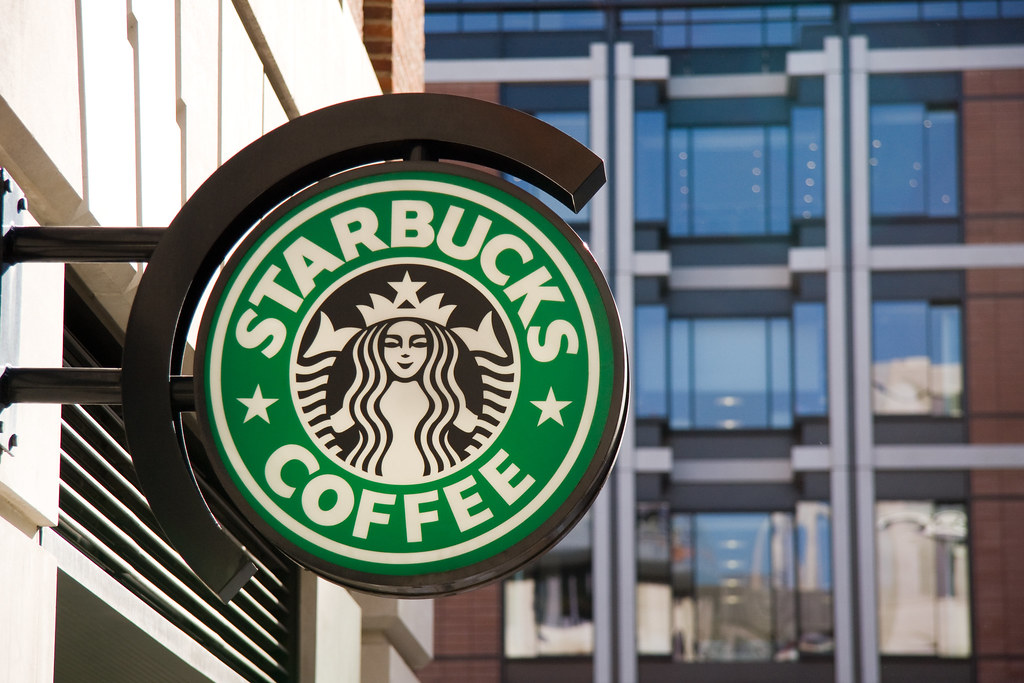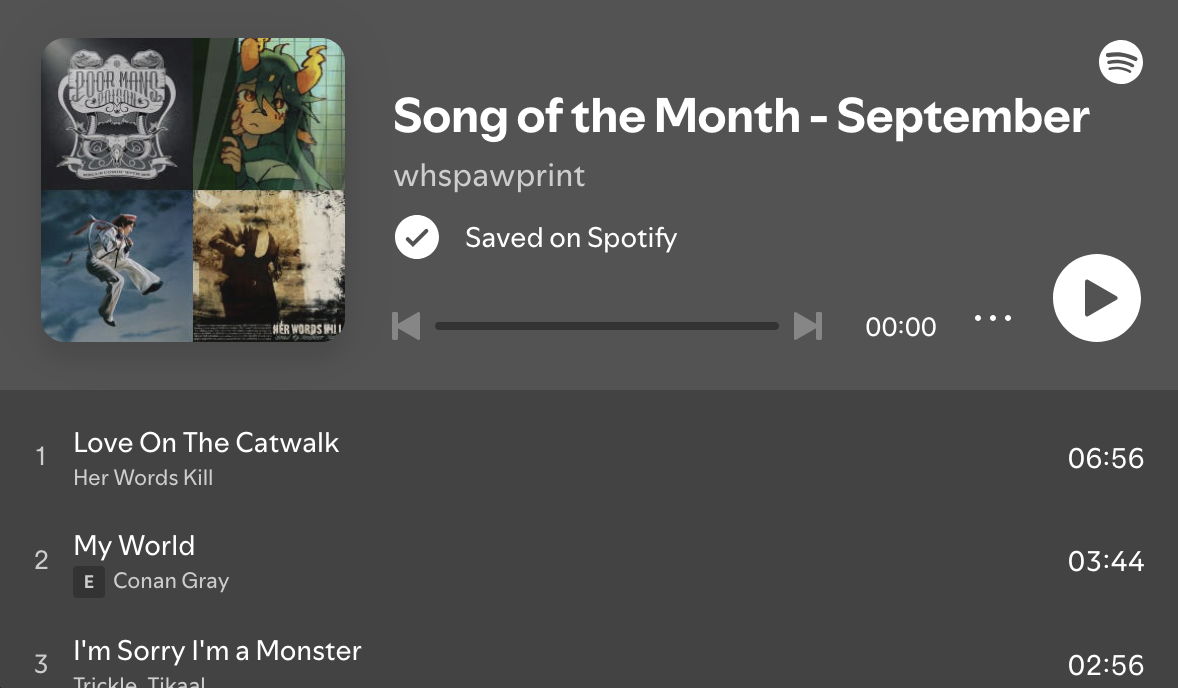The #MeToo movement began to spread virally in October of 2017, followed by the first annual Women’s March on January 21 in 2017. As an effect of this, feminism has become more widespread in politics, media, and daily life.
With the discussion around and importance of feminism spreading in recent years, communities in the Bay Area have grappled with how to approach this subject, and in particular what feminism means, and what it does not.
“I think [feminism] is for everybody. I think that everyone should support feminism and embody feminism,” stated Amy Hanson, a Spanish teacher at Woodside High School.
Hanson outlines a common theme surrounding feminism: that it is for, and benefits, everyone.
“I think that females may embody it differently than males, but that anyone can be a feminist,” Hanson continued.
However, many feminists report that a common roadblock faced is the opposition of the idea: a widespread misconception surrounding feminism is that it aims to degrade men, or that all feminists are angry, with no validation.
The younger generation of feminists seem to have reached the same conclusion. “Feminism doesn’t mean that women want to be better than men or more powerful. It’s about equality, not someone being better than another person,” Nur Carrera, a sophomore at Woodside High School agreed.
As the fight for gender equality continues, it is crucial that these misinterpretations of what the feminist movement is fighting for are eradicated. Without support from a growing community, the movement cannot fight for change crucial to our society.
“You see like young kinds, and I don’t know, you kind of want them to grow up in an equal world. I definitely think feminism is just as important for the younger generations, as well as the older generations,” Carrera concluded.












